Last week, I shared what I wish I knew when I graduated high school. I was terrified to go to college, but graduating college was far worse for me.
During my senior year of college, I spiraled into the worst season of anxiety and depression that I had ever faced. Up until then, college had been a mountain at the edge of the horizon. I knew I had to climb it, but I hadn’t been able to see too far past it. But at the peak, I couldn’t see anything beyond—just a blackness of unknowns.
I didn’t know what to do with all this time ahead of me. I didn’t know where to live, what job to pursue, or what I wanted my life to look like. And I felt alone. I have to admit that, being at a Christian school, the idea of the “MRS” degree had rubbed off on me, and I had hoped to be like my sister and so many others who were engaged by graduation.
I hadn’t even been on a date (except the not-really-dates that I had been on with a guy named Jon Brooks).
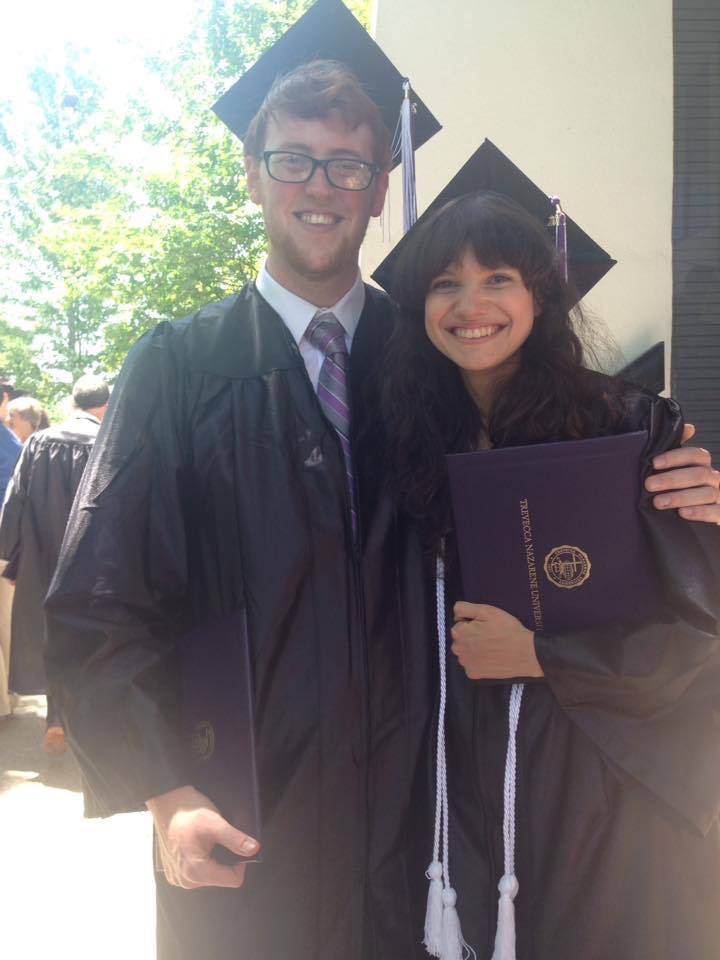
I’ve never been good with big changes—moving, getting married, changing jobs. Other people thrive off of change. But when we don’t know what’s next, we have to lean on the things that we do know.
During that hard season of anxiety, I learned a lot about myself and what I believe. I wrote a blog post shortly after about how I overcame this season of despair. But in addition to these techniques for mitigating anxiety, there are things I wish I had known even then about what waited beyond that mountain peak.
1. You can’t know, or precisely plan, the future
The blackness of unknowns terrified me during my senior year because I filled that blackness up with fearful “what ifs.” What if I couldn’t find a job? What if I didn’t get married? What if I lived with my parents forever? What if…
Then I read two very important books. The first was The Sickness Unto Death by Søren Kierkegaard, a book I am wanting to adapt into modern language because of how important it was for me. In the book, Kierkegaard beautifully reveals an antidote to despair. But first, he explains how despair is a separation from God and an inability to imagine anything beyond current reality. It is what it is. It will always be this way.
The antidote for despair, then is possibility.
It’s turning those negative “what if’s” into positive “what if’s.”
This is what I write about in The Redeemed Imagination. We have to re-train our imaginations to see possibility, not stagnancy, in our futures.
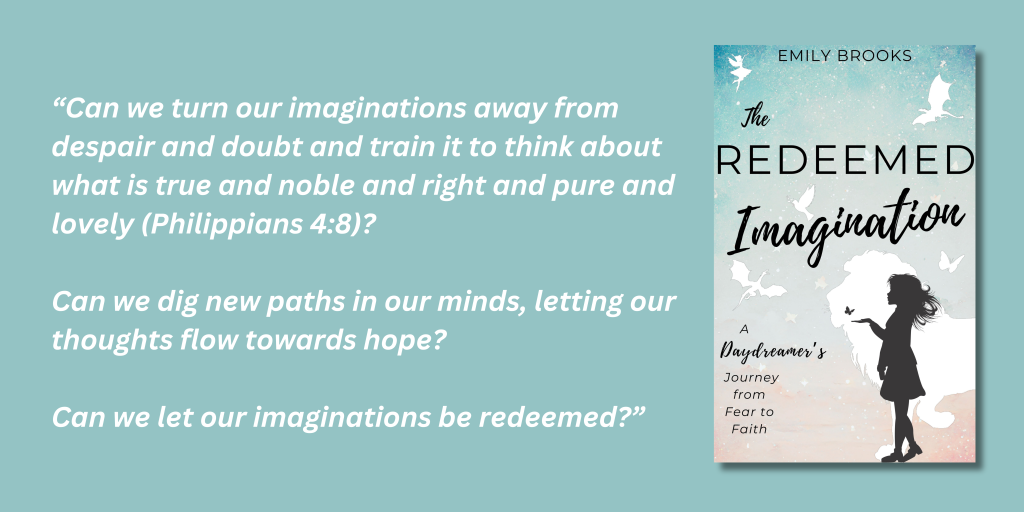
The other work that shaped my thinking was My Utmost for His Highest by Oswald Chambers, especially the chapter titled “Gracious Uncertainty.” (You can read it and the entire book for free online at myutmost.org, and I also have it in my bookshop here).
Chambers begins this chapter like this:
Our natural inclination is to be so precise–trying always to forecast accurately what will happen next–that we look upon uncertainty as a bad thing. We think that we must reach some predetermined goal, but that is not the nature of the spiritual life. The nature of the spiritual life is that we are certain in our uncertainty. Consequently, we do not put down roots. Our common sense says, “Well, what if I were in that circumstance?” We cannot presume to see ourselves in any circumstance in which we have never been.
I see myself in this chapter, always trying to imagine every potential circumstance. But Chambers says this isn’t the way of the Christian. The Christian believes first in God, and we rest in that belief knowing that, while we are uncertain of what might happen, we can be certain that God will show up.
So, no, we can’t know the future. We can’t even fully plan for the future. As the proverb says, “In his heart a man plans his course, but the LORD determines his steps” (Proverbs 16).
When we graduate college, or wait to hear back from an interview, or wonder if this person will be the one we marry, we can despair over the unknowns, or we can anticipate the possibilities.
We can be certain, in our uncertainty, that God will show up.
2. Independence is overrated
On the podcast that I record with my friend Jon Meyers, we like to tell our listeners, “Get out your parent’s basement.” But we had to clarify this because my husband and I really did live in my parents’ basement for a year while I was in graduate school.
I think, at least in my interactions, the stigma of living with your parents is dwindling somewhat, partly because of the insane housing prices in Nashville. While not everyone wants to live with their parents, people are more understanding now of those who do.
Going off to live on our own is a fairly western ideal. I started watching Korean shows last year and saw how many of the thirty-year-old protagonists live with their parents—and no one thinks it’s weird.
In our economy, living with parents, roommates, grandmothers, siblings, or others just makes sense.
But by saying that independence is overrated, I’m not even just referring to housing. We, as Americans, take great pride in independence in all areas of life, but for many cultures and in much of our history, community is and was essential.
It’s okay to accept help. It’s okay to not have it all together. It’s okay to take time with transitions.
It’s also okay—and normal—if it takes awhile to get where you want with a career, a home, and even a lifestyle. The first couple of years after graduating can be a time of discovering what it really is that you want, so take your time.
3. It’s okay if you don’t end up in the career you studied
I’m especially guilty of thinking of past efforts as a “waste of time” if I don’t see any visible “fruit” from them.
But your college experience won’t be a waste of time even if you end up in a different career. I wrote about this in the post for high school graduates trying to choose an area of study. We put a lot of pressure on ourselves to make the right decisions, but sometimes we have to take steps without knowing for certain what will happen.
When you do that, you might have to pivot. And that’s okay.
I like to use my husband as an example. He majored in nursing for his first few years of college before changing his major to English. I’m not saying “everything happens for a reason,” but if he hadn’t, we might have never dated. Majoring in English also led him to an internship in publishing, which, through a series of connections, got him his first long-term job in the mortgage industry, where he gained a lot of experience that later helped him get a job as a software developer for a bank.
Jon could never have predicted this trajectory while trying to decide on a major in high school or even after graduating college. This is how it goes for many of us, and it helps to be curious and excited about the possibilities rather than try to force ourselves into something we no longer love.
I had a professor once who told her students to “change their life” if they weren’t happy, and I think about this often. It seems like simple advice, but it’s so hard to do, especially if we have determined to stick something out just because we’re afraid of failure or embarrassment.
A caveat to this would be to not give up so quickly just because things are hard. Every job is hard. Every job has bad days. But when the bad days outnumber the good, give yourself grace to try something new.
4. If you’ve done hard things in the past, then you can do hard things today
When we can’t plan or anticipate the future, we can remember what we learned from the past.
Going to college was hard for me, but knowing that I did it anyway helped me have the courage to take my next steps.
And we don’t just have to think about what we’ve been able to do in the past but also what God has done for us. Because God showed up when I needed Him during those first few days of classes, I knew God would show up again.
I could be certain in my uncertainty and believe in the possibility that anything could happen.
So make plans as best as you can. Take action with hope. Try things. Let yourself fail with grace. Embrace change. And remember that your life can only be lived one day at a time. What you do or plan to do matters less than who you are today.
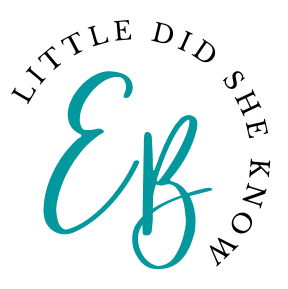






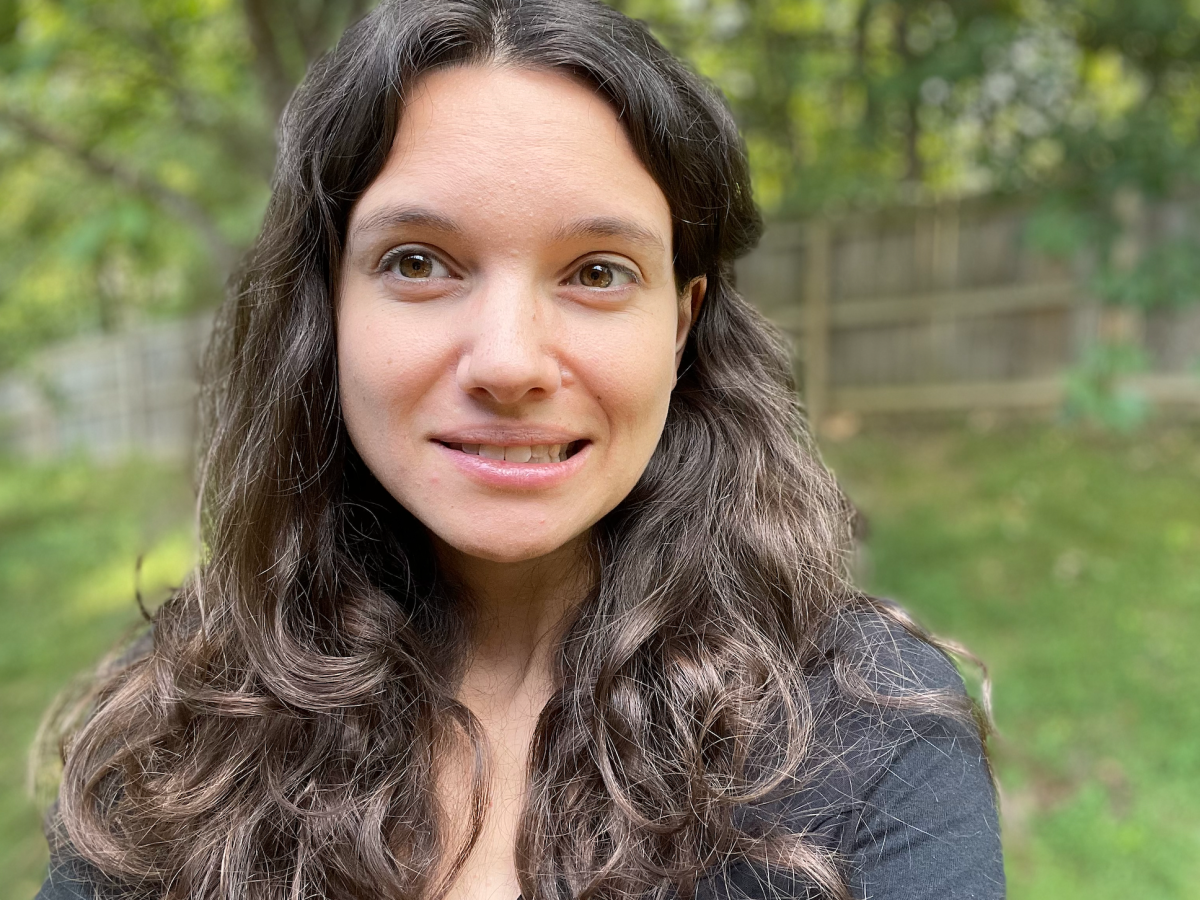

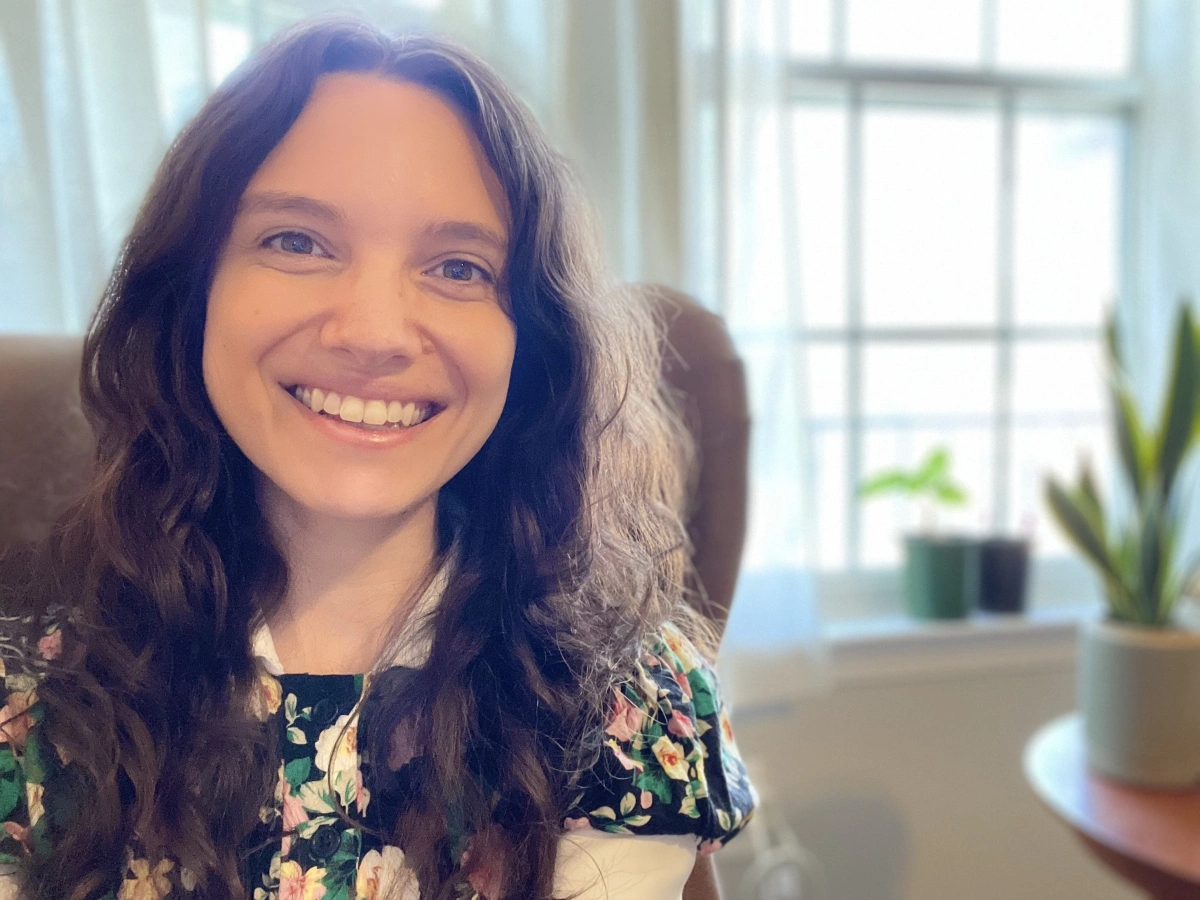


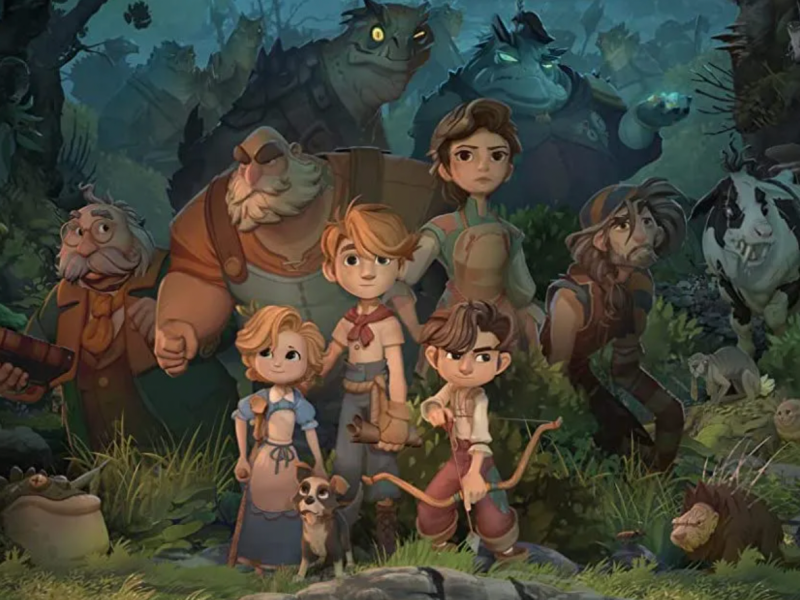
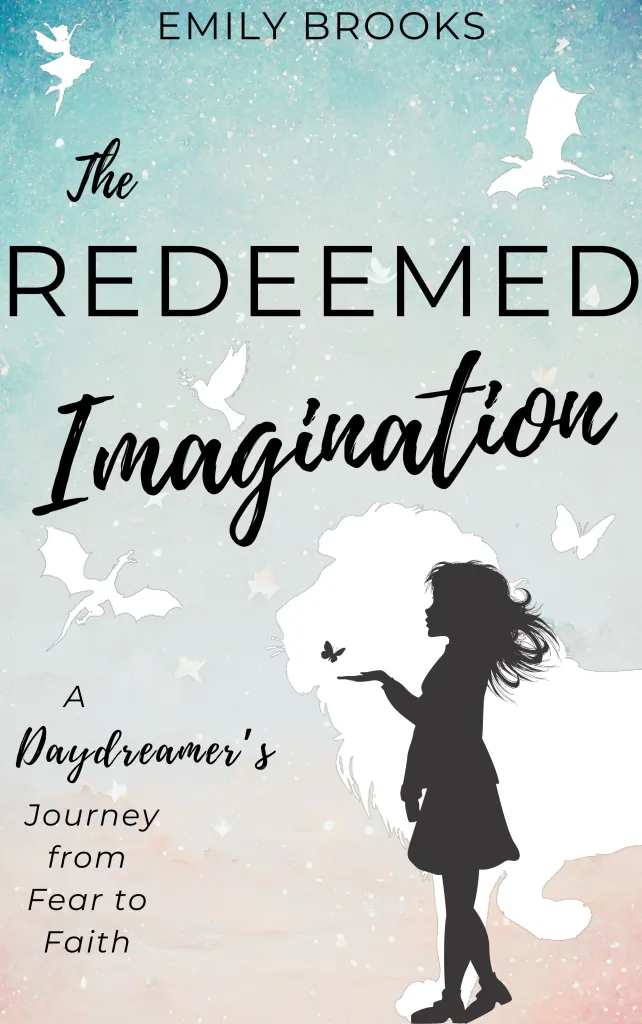
Leave a comment